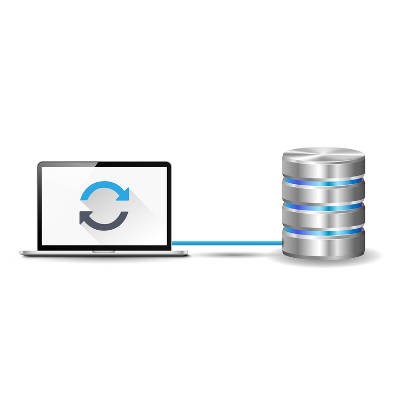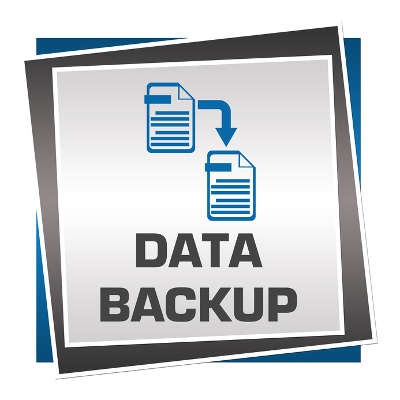Does your business know how it takes data backups and restores data following a disaster? It’s one of the most important parts of managing a business, especially in a world where hackers and mistakes can happen in a moment’s notice. Do you know how to ensure that your business is as secure as possible in the event of a disaster? A good place to start is understanding the various terminology associated with data backup and disaster recovery.
Argentum IT LLC Blog
The cloud has been a major game-changer for business technology, but perhaps its most important contribution has been to the backup and disaster recovery process. Businesses no longer have to suffer due to unforeseen circumstances such as hardware failure or hacking attacks. Instead, a cloud-based backup and disaster recovery solution, also known as BDR, can provide a considerable failsafe for your organization.
It should come as no surprise that the practice of business continuity planning is one that every business needs to undergo. This planning serves as essentially your only insurance against some form of data disaster or another. Consider your own business for a moment--could it survive a fire, a critical failure in part of your infrastructure, or theft? With a business continuity plan, there’s a chance it just might.
Whether you are suspicious or not, today seems like a good day to talk out what can happen if some bad luck interferes with your business. Disasters can come in all shapes and sizes, from a freak storm destroying your place of business and every IT component you had inside, to an employee whose path was crossed by a black cat accidentally spilling their coffee on their keyboard as they access some key data.
As a business owner, you expect to stay in control of what your business does. Unfortunately, there are certain variables in running a business that simply can’t be controlled, like the weather. Therefore, you need to take special care to ensure that these uncontrollable instances don’t become a threat to your business’ prolonged existence. To this end, we recommend a business continuity plan.








